With all the attention given to AI and machine-learning driving business processes, are we at risk of losing sight of the need to apply authentic human learning to improve results? With so much focus on AI, we tend to overlook the meaning of the leading word of that phrase, “artificial”.
Let’s face it – the variables affecting an enterprise buying decision are complex and specific to the decision at hand. Certainly, there are patterns across opportunities that are helpful in improving future results. But because of the complexity involved in B2B opportunities, it makes sense to incorporate authentic human intelligence and learning to improve outcomes.
If the goal is to create a best practice approach to sales enablement and the selling process overall, several things are required:
Sales Process: A disciplined focus on effectiveness, based on actual results as measured by real KPIs – such as overall deal size, profitability and win-rate
Sales Enablement: Intentional collaboration between marketing and sales
A Contextual Feedback Mechanism: A learning and process change practice that incorporates a rigorous win-loss analysis.
As experts in win-loss analysis, 1st Resource dives in at ground zero with the key purchase decision makers to uncover their often-hidden true motivations and barriers
It stands to reason that sales process and enablement are fluid things, constantly being informed by new data and learning from the company’s day-to-day deal-flow. That said, what we see in actual practice in many companies is a more static program, wherein processes and playbooks are reviewed periodically, and very infrequently at that. And, they are focused on only certain data points, rather than the more complete picture created when qualitative insights are added.
As busy as sales and marketing teams are, this is understandable. But there is another level of “best practice” around real-time learning that incorporates both quantitative and qualitative inputs. When that learning includes authentic human insights, in addition to quantitative data, selling effectiveness analysis then becomes truly transformative.
There are highly effective ways to do that, which we will explore in other posts. The key take-away here is the critical need and importance of authentic human, insight-driven learning to advance effective sales and marketing execution.

